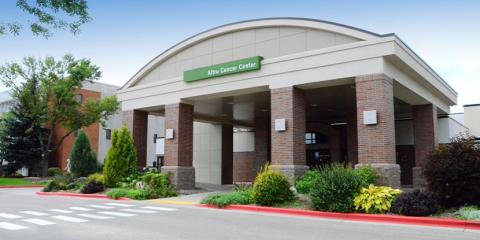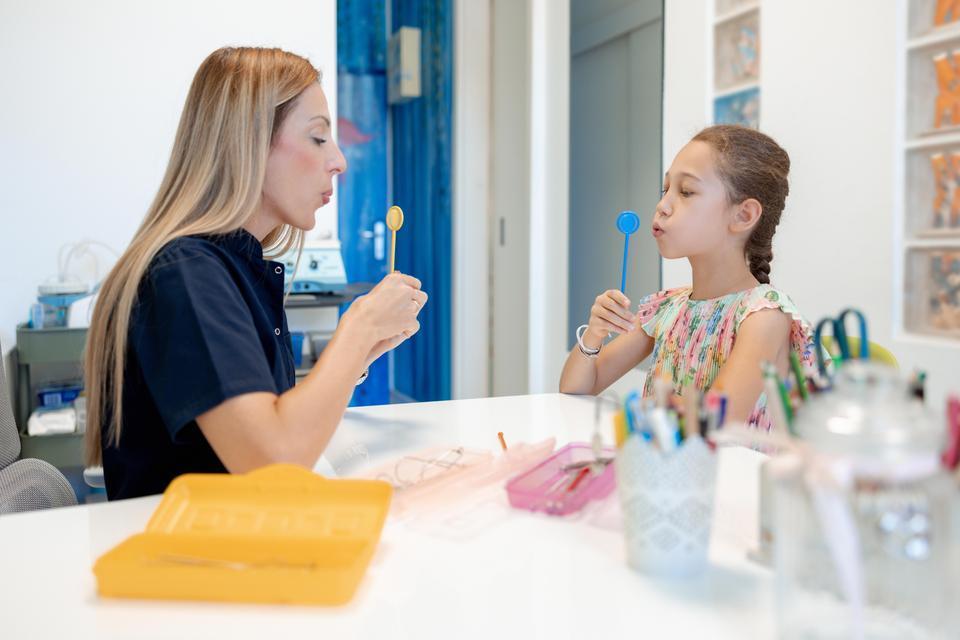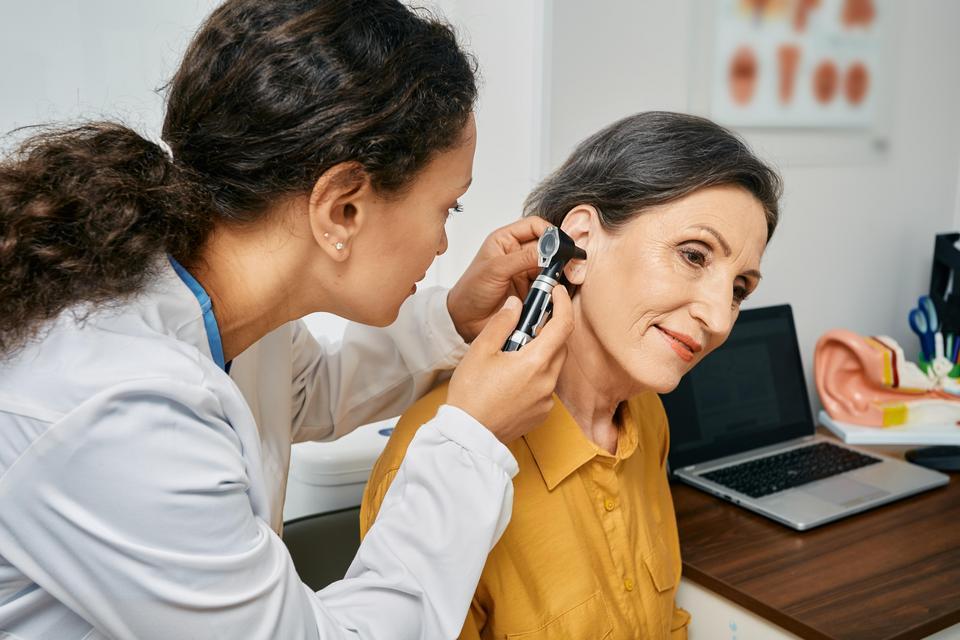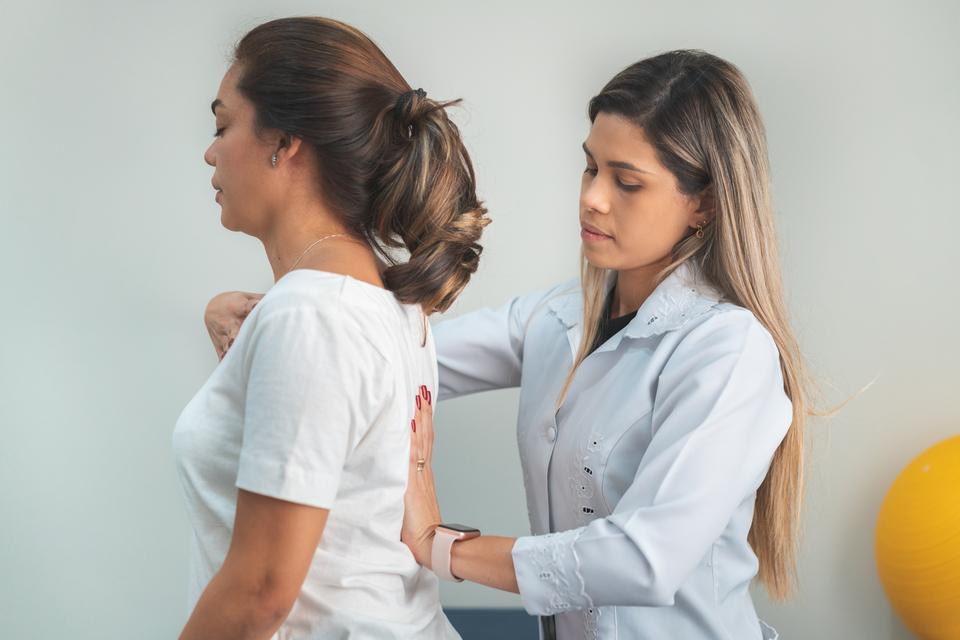When it comes to protecting your health and preventing major health issues, regular screenings play an important role. Getting the screenings recommended for your age and sex can help make it more likely that if problems occur, they are identified in an early, more treatable stage. That’s true of many medical conditions, but it’s especially true of cancer.
Altru Cancer Center offers the screening and diagnostic services you need to stay in the know about your health. Whether you’re experiencing potential early symptoms of cancer or simply having a routine screening, we’re here to guide you through the screening process.
Why is Early Detection Important?
Cancer is most effectively treated and eliminated when it is detected in an early stage. In many cases, listening to your body and having potential signs and symptoms of cancer checked out can lead to early diagnosis, which in turn can lead to better outcomes.
It’s also important to have the routine screenings your doctor recommends. These screenings can help uncover cancer before symptoms emerge when the amount of cancerous tissue is small.
For example, long before you might experience colorectal cancer symptoms, a doctor might uncover precancerous polyps on your colon and remove them during a routine colonoscopy. Symptoms of colon cancer typically don’t occur until after the cancer has advanced (when it might be more difficult to treat).
The early detection of cancer through screenings also makes it less likely that the cancer will have metastasized into other parts of the body.
Types of Diagnostic Screenings
Your doctor can advise you on the cancer screening tests recommended for you based on your individual health, your family medical history, your age and your sex. He or she will be guided by a list of screenings shown to be effective in the early detection of types of cancer.
Altru Cancer Center offers a comprehensive spectrum of diagnostic testing and screenings, including:
- Colonoscopy to detect colorectal cancer
- Low-dose CT scan to detect lung cancer
- Mammography, both screening and diagnostic, as well as breast MRI and breast biopsy to detect breast cancer
- Pap smears for detection of cervical cancer
- PET/CT scans
- Prostate-specific antigen testing for prostate cancer
- Skin exams for skin cancer
If cancer is detected through a screening, our team is here to guide you into the next steps of your cancer journey. We will connect you with a patient navigator and the medical providers who will walk beside you each step of the way in your treatment.
Understanding Genetic Testing
Some types of cancer have a genetic component. That’s sometimes referred to as a family history of cancer, but in some cases, you may not know that a family member was affected.
If a type of cancer, such as breast cancer, runs in your family, it’s important to take proactive steps to manage your health risks. This can include making lifestyle changes, having regular checkups and undergoing screenings earlier or more frequently. Your doctor may also recommend that you undergo genetic testing.
Genetic testing is used to look for specific changes in a person’s genetic makeup. In some cases, these genetic mutations can increase a person’s risk of developing cancer—this occurs in up to 10% of all cancer cases.
Patients at Altru Cancer Center can access genetic testing for breast, ovarian, endometrial and colorectal cancer. Our providers will conduct a risk assessment to uncover genetic changes, which can be used to help people understand their risks and offer guidance on steps that may help prevent cancer.
Preventive Measures
Cancer Risk Assessment
Having a family history of cancer may mean that you are genetically predisposed to cancer. However, this does not mean that you are certain to develop cancer or pass it on to your children. Only about five to ten percent of cancers are linked to inherited genetics. The Cancer Risk Assessment will review your family and personal history of cancer and determine the indication for genetic testing.
To set up an assessment, please call Altru Cancer Center at 701.780.5400.
Programs are available for patients who have any of the following risk factors:
- A personal or family history of breast cancer prior to age 50
- A personal or family history of ovarian cancer at any age
- Multiple primary breast cancers - breast and ovarian cancer, or bilateral breast cancer in the same individual
- Male breast cancer at any age
- A family history of confirmed BRCA 1 or BRCA 2 mutations
- Ashkenazi Jewish ancestry
- Certain types of colon cancer
For more information about any of our early detection services or to schedule a cancer screening, please call Altru Cancer Center at 701.780.5400.











